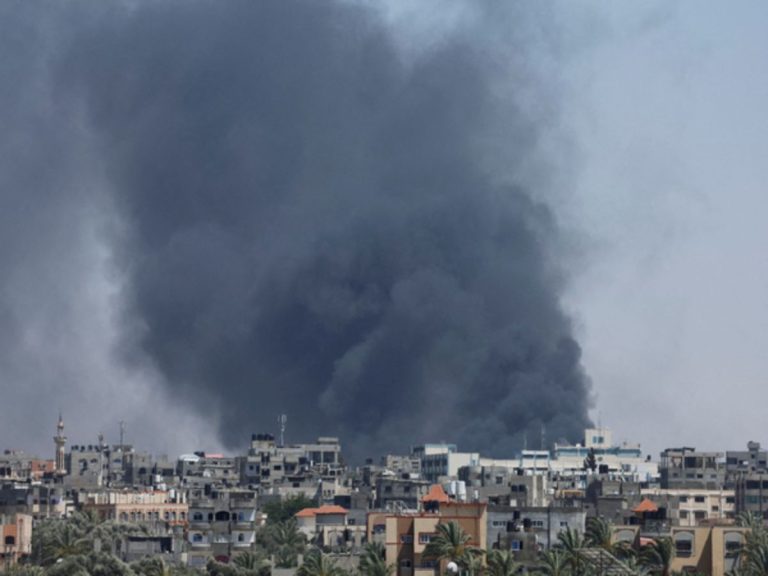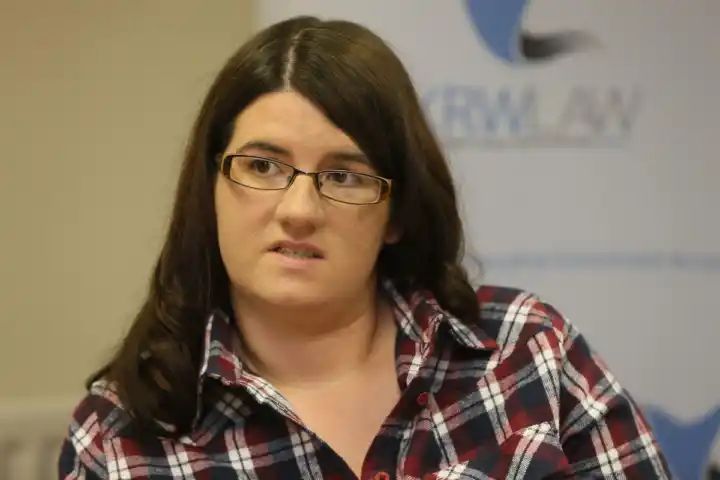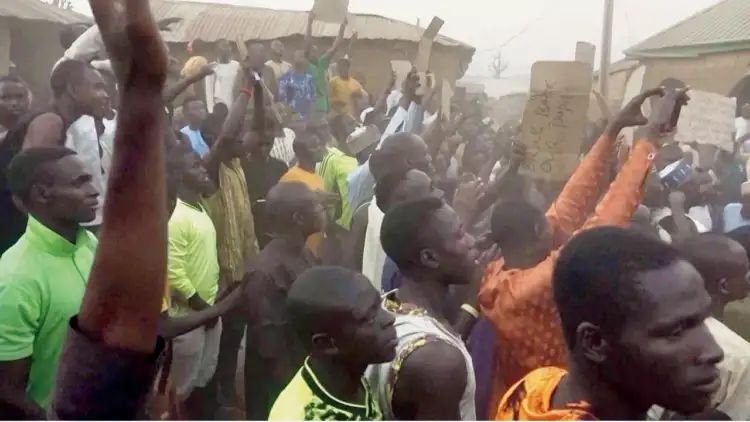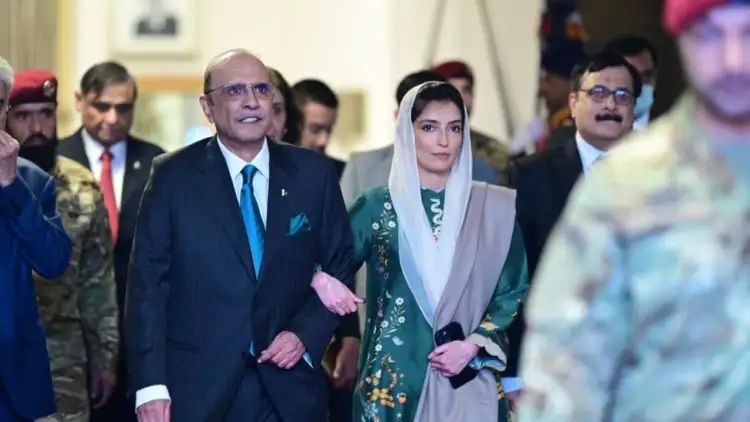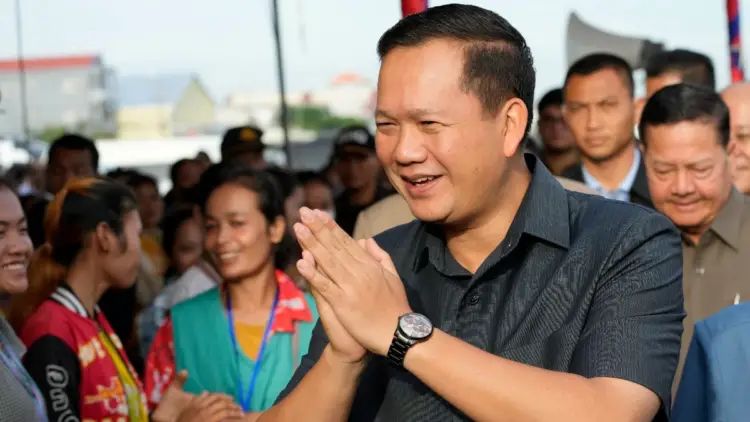India-UK Free Trade Agreement Talks Hit Pause Before Indian Elections
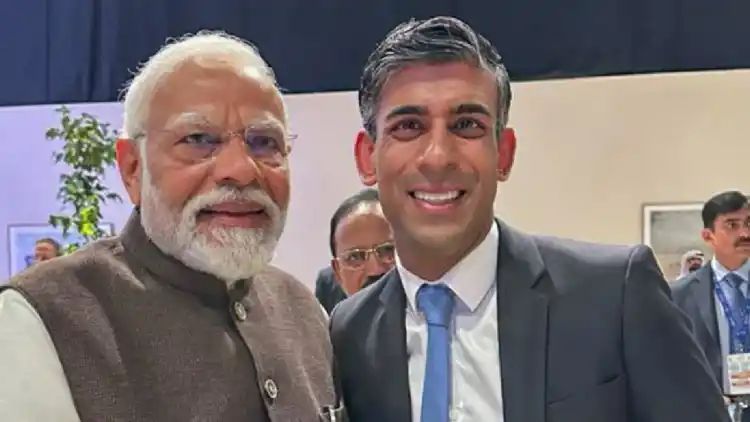
The fourteenth round of free trade agreement (FTA) negotiations between India and the United Kingdom concluded on Friday, March 16, in anticipation of the upcoming general election in India.
The Election Commission is expected to announce the election schedule on Saturday.
Election Campaign Mode
According to UK officials involved in the discussions, the decision to conclude the negotiations was anticipated as India enters election campaign mode. The next round of formal trade talks can only commence after the Lok Sabha polls are concluded.
Ambitious Outcome
The FTA negotiations, which commenced in January 2022, aim to secure an “ambitious” outcome for bilateral trade, which currently stands at approximately GBP 38.1 billion annually, as per official statistics from February 2023.
Next Round of Negotiations
Official sources in the UK anticipate that while some informal discussions may occur between rounds, the next round of negotiations will take place after the Indian elections.
Commitment to a Comprehensive Deal
The development follows a recent phone conversation between Prime Minister Narendra Modi and his UK counterpart, Rishi Sunak, during which both leaders reaffirmed their commitment to “securing a historic and comprehensive deal” and emphasized the importance of achieving an “ambitious outcome.”
Balanced and Fair Deal
A spokesperson for the UK Department of Business and Trade stated that the UK and India continue to work towards an ambitious trade deal. However, the UK government emphasized that it will only sign a deal that is fair, balanced, and ultimately in the best interests of the British people and the economy.
Long-Term Benefits
In a recent interview in New Delhi, Commerce and Industry Minister Piyush Goyal highlighted the significance of long-term economic benefits in such FTA negotiations. He emphasized that India seeks a “balanced, fair, and equitable” deal.
UK’s Perspective
Kemi Badenoch, the UK’s Secretary of State for Business and Trade, acknowledged during a trade conference in London that while a trade deal with India is “possible” before the general elections, the UK does not want to use that as a deadline. She noted that negotiating trade agreements with larger and more diverse economies, such as India, can be particularly challenging due to differences in economic structures and levels of protectionism.
Tariff Reduction and Fairness
The UK seeks significant tariff reductions from India on exports such as food, cars, and whisky, which currently face tariffs as high as 150%. India, in turn, has concerns about the fairness of rules applied to Indian workers temporarily transferred to the UK on business visas, who are required to pay national insurance but are not eligible for UK pensions or social security benefits.
The conclusion of the fourteenth round of FTA negotiations between India and the UK reflects the complexities and challenges involved in reaching a comprehensive trade agreement. Both countries remain committed to securing an ambitious deal that benefits both economies, but the timing of the next round of negotiations will depend on the outcome of the upcoming general elections in India.

